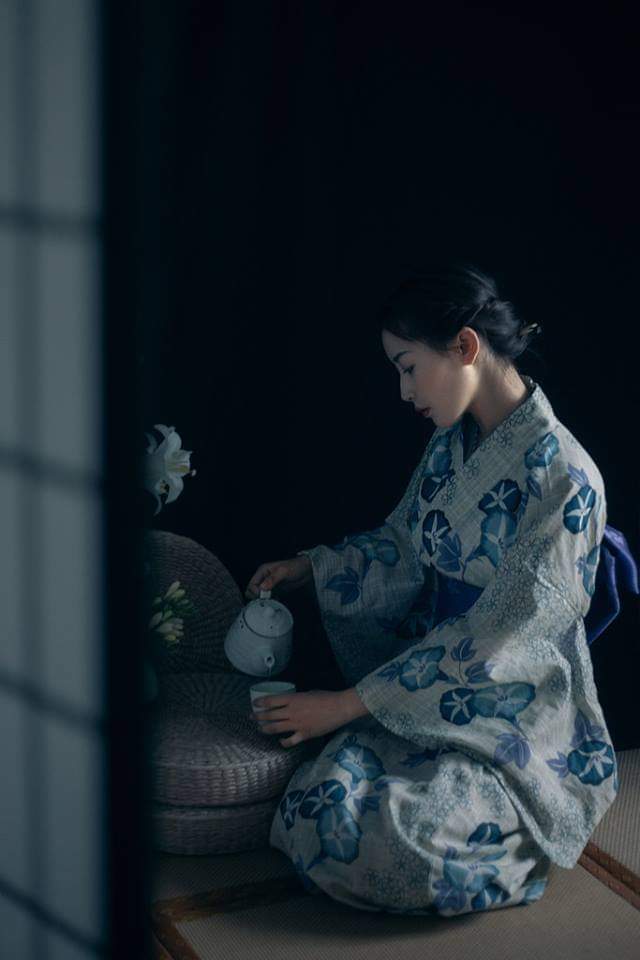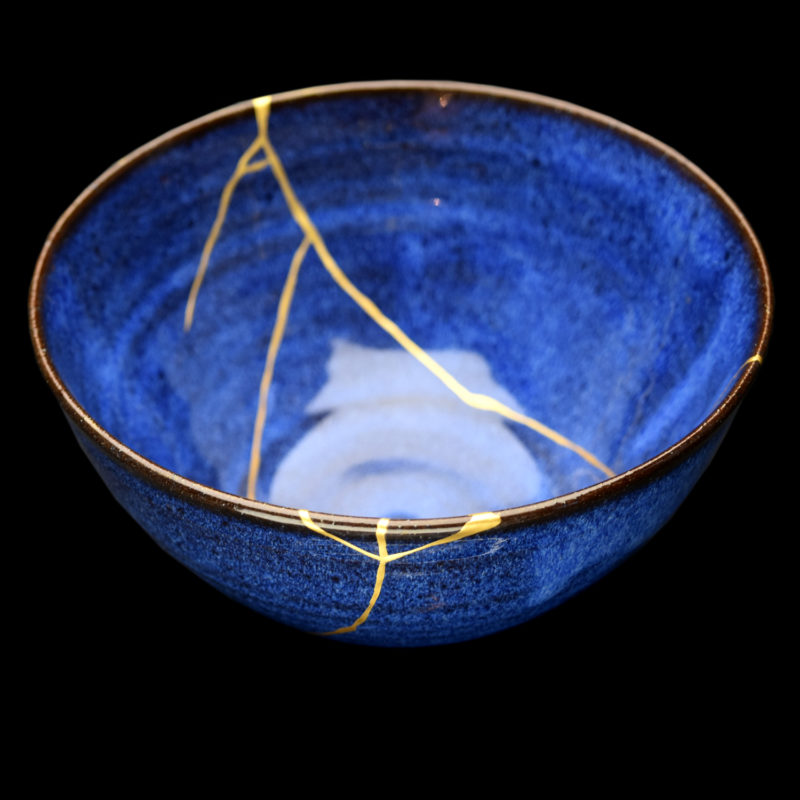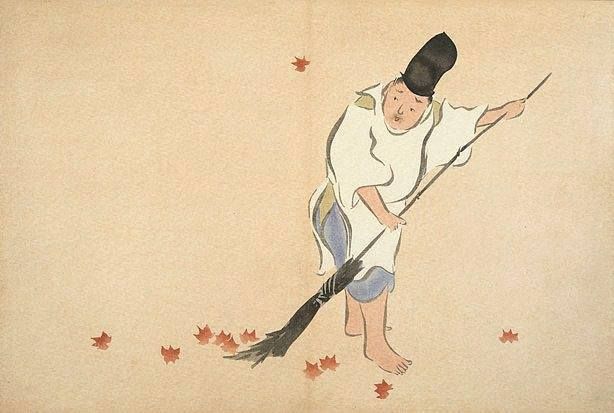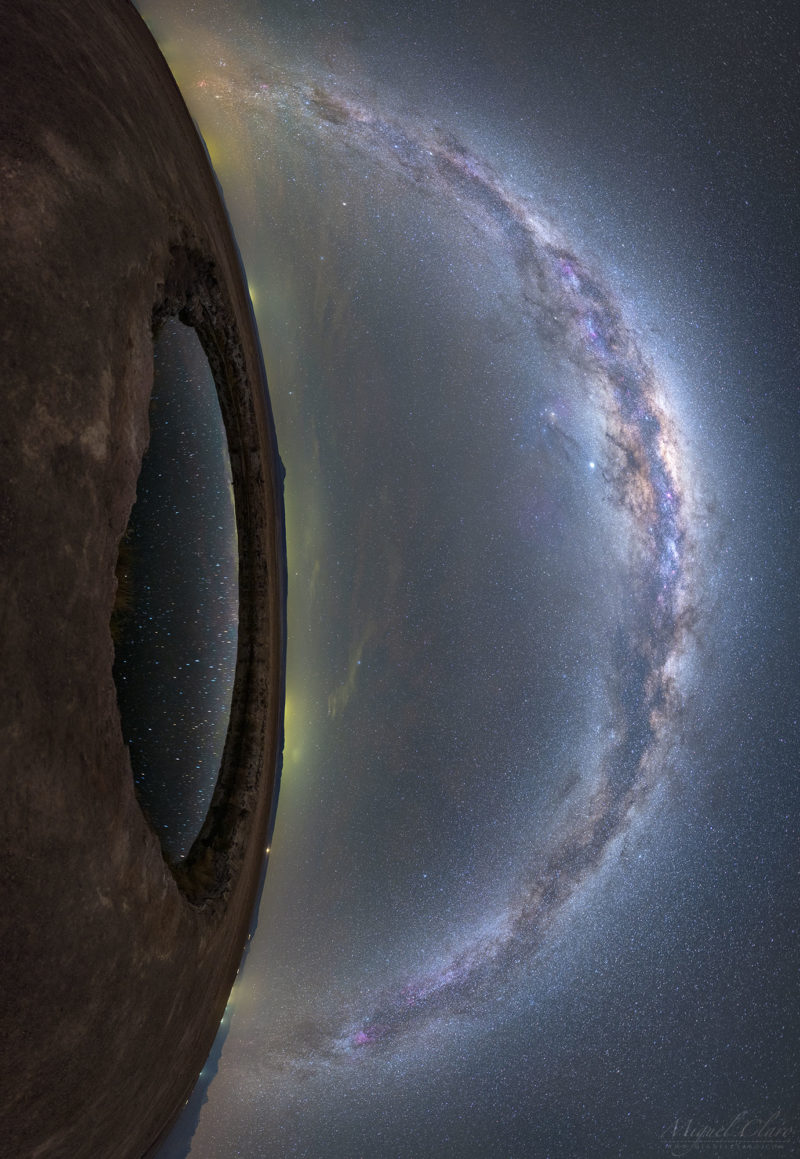
As my sufferings mounted
I soon realized that there were two ways
in which I could respond to my situation—either to react
with bitterness or seek to transform the suffering
into a creative force. I decided to follow
the latter course.

As my sufferings mounted
I soon realized that there were two ways
in which I could respond to my situation—either to react
with bitterness or seek to transform the suffering
into a creative force. I decided to follow
the latter course.

In the course of human life it is inevitable to experience things. Things are manifold, not up to one person alone.
A bird that nests on one branch in the forest would be lost in a roosting flock; an animal that fills its belly drinking from a river does not go seeking in the ocean.
Finding it in things outside and understanding it in yourself within, you realize you have your lot in life and you do not strive for what is not in your lot. You take care of things that are appropriate and do not take up things that are not appropriate.
If you take up things that are not appropriate, this damages your intellectual power. If you strive for what is beyond you, this wears out your body. If you are psychologically and physically uneasy, how can you reach the Way?
For this reason, nothing is better for people who cultivate the Way than to resolutely simplify things. Discern whether they are inessential or essential, assess whether they are trivial or serious, distinguish whether to eliminate them or take to them. Whatever is not essential and not serious should be abandoned.
It is like when people consume wine and meat, dress in silk, enjoy fame and prestige, and possess gold and jewels. These are all excess cravings of subjective desire, not good medicines to enhance life. The masses all pursue these things, bringing about their own death or ruination. If we reflect on this quietly, we see how very confused they are.
Chuang-tzu said, “Those who arrive at the truth of life do not strive for anything that has nothing to do with life.” What has nothing to do with life is anything excessive. Simple food and old clothes are enough to take care of essential life; who do you need wine, meat, and silk for your life to be complete?
So whatever is not necessary for life should be eliminated, and so should anything that is excessive beyond the needs of life. Possessions have an injurious energy, which hurts people when it builds up. Even if you have few possessions, you still worry about them; how much the more when you have a lot!
If you tried to shoot a sparrow with a jewel, people would laugh at you; how much the more ridiculous it is to turn your back on the Way and virtue, slight nature and life, and shorten your life span by pursuing inessentials!
If we compare fame and prestige to the Way and virtue, fame and prestige are artificial and base, whereas the Way and virtue are real and noble. If you can tell the noble from the base, you should get rid of the one and take the other, not hurting your body on account of fame, not changing your will on account of prestige. Chuang-tzu said, “One who loses himself by working for fame is no gentleman.”
The Scripture on the Western Ascent says, “Embrace the fundamental, keep to unity.” Spiritual immortalists who go to excess cannot keep to unity; they just sit in offices of glory. If you are not selective, everything you come in contact with will burden your mind and dull your intelligence; your practice of the Way will be defective.
As for those who deal with matters calmly and serenely, who are in the midst of things without being burdened, they are among those who have attained realization. If you say you are unburdened without really having attained it, you are really only fooling yourself.
Treatise on Sitting Forgetting

When a pot is broken, repair it and you can use it to cook as before. When a jar leaks, fix it and you can use it to hold water as before.
When people are first born, their three treasures — vitality, energy, and spirit — are a solid whole. Then when the cognitive consciousness opens up, these treasures leak out through the senses. They are infected by the germs of emotionalized action, playthings of parasites. Their sense experiences wear them down, their attraction to stimulation deludes their natures; greed, anger, folly, and attachment drain them of reality.
Chipped away by day and by night, the three treasures dwindle away; the whole body is sick, inwardly and outwardly spoiled. The original complete treasure has been made into a rotten, worthless object — just like a broken pot or a leaking jar, it is a useless vessel.
If you are like this but become aware enough to take a serious look at yourself and change your attitude, disregard everything except the restoration of your birthright, the most important thing there is for anyone, the matter of essential life; act on this in a genuinely real manner, one by one sweeping away everything acquired, withdrawing your aura, holding your thoughts fast, eliminating the aberrant and supporting the true, increasing daily in accomplishment while diminishing for the Way.
Increase what is to be increased, diminish what is to be diminished, until you reach the point where there is nothing more to be increased and nothing more to be diminished. Then you will naturally not leak vitally, so your vitality will be whole; you will naturally not waste energy, so your energy will be whole; you will not belabor your spirit, so your spirit will be whole. What you have lost, you will regain; what was ruined will be recreated.
Then you will be what you were before: something whole and complete, just as a broken pot that has been repaired is again a fine pot, and a leaking jar that has been repaired is again a fine jar.
Nevertheless, people who are broken and leaking themselves are not aware of their misery. They take the false to be real, chopping away at their very lives day and night, breaking themselves down until the day when the pillars rot and the walls crumble, and they have nowhere to rest.

Zen is not some kind of
excitement, but concentration on
our usual everyday routine.

All we have to do is
be ourselves, fully and authentically.
We don’t have to run after anything. We already
contain the whole cosmos. We simply return to ourselves
through mindfulness, and touch the peace and joy
that are already present within us
and all around us.
I have arrived.
I am already home. There is
nothing to do. Aimlessness,
nonattainment, is
a wonderful
practice.